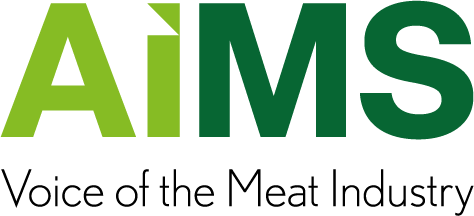Aussie Beef Processing Hits High as Mutton Prices Soar
Aussie Beef Processing June 2025 Update: Mutton Prices Surge
Australia – 6 June 2025. The Aussie beef processing June 2025 update highlights strong cattle throughput and soaring mutton prices. According to Meat & Livestock Australia (MLA), the sector is showing resilience despite seasonal pressures and ongoing supply challenges.
Cattle Market Overview
Cattle yardings rose 8,345 head, bringing the total to 72,045 for the week ending 6 June. This increase reflects stronger movement of processor cows, restocker heifers, and feeder steers. In addition, the Heavy Steer Indicator improved slightly, climbing 6¢ to 361¢/kg liveweight (lwt).
Queensland and New South Wales both reported steady volumes, with Victoria recording a notable 408¢/kg lwt. Meanwhile, restocker heifers eased by 11¢ to 319¢/kg lwt, showing mixed demand trends.
Mutton Market Highlights
In contrast to cattle, mutton values rose sharply. Prices hit their highest levels since 2022, supported by strong global and domestic demand. Tighter sheep supplies added momentum, pushing the mutton trade higher week on week.
Slaughter Volumes
Beef processing reached one of its strongest levels this year. National cattle slaughter totalled 152,530 head, maintaining robust output. Despite a shorter week due to public holidays, volumes remained firm and were 10% higher than the same week in 2024.
Sheep and lamb slaughter also increased. Lamb numbers climbed to 461,658 head, while sheep throughput reached 177,918, bringing the combined total to 639,576 head. Although only slightly lower than the week before, this remains a solid level for winter.
Outlook
Overall, the Aussie beef processing June 2025 update reveals a dynamic red meat sector. Beef supplies are steady, while mutton prices are soaring on tighter availability. Looking ahead, processor capacity and seasonal conditions will play a major role in shaping both cattle and sheep markets through the rest of winter.
Original source: MLA
